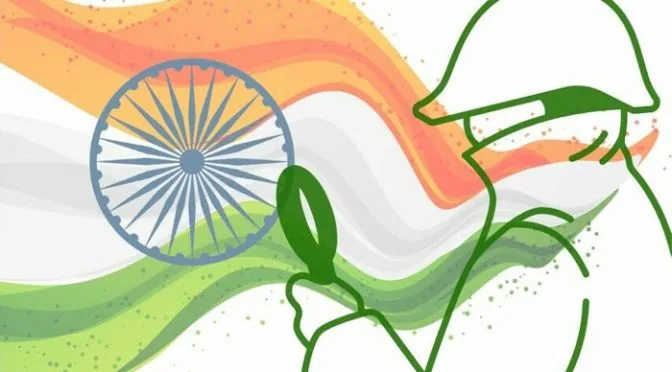
A recent article by the UK-based publication The Guardian, alleging implicit role of Indian intelligence agencies in the unknown killings of a number of individuals in Pakistan, who Indian state claim terrorists, has opened up a Pandora’s Box. While report tacitly accuses India of orchestering killings of Pakistani citizens inside the country, the Indian foreign ministry has denied report.
The Guardian report quotes unnamed Pakistani officials that Indian intelligence agency Research & Analysis Wing (RAW) has used a third country, UAE and unknown mercenaries for targeted killings of 20-odd individuals in Pakistan. While the detailed report itself is questionable, the fact remains that some of the terrorists killed are part of Indian dossier, detailing their terrorist acts in the last many years.
In the backdrop of this, India certainly seems to be an interested party in the purported killings. It could be further reinforced by repeated claims by Indian Prime Minister Modi, defense Minister Rajnath Singh, UP Chief Minister Yogi and various other ruling party politicians in recent days. The suggestion by Indian foreign minister Jaishankar that terrorists do not follow rules and hence dealing them could involve unconventional methods.
It is very difficult to prove conclusively if Indian agencies have been responsible for the supposed targeted killings of terrorists in Pakistan. Though, instances could very well suggest an Indian involvement, the very timing of the publication of this report by The Guardian just close to the general elections raises pertinent questions.
From the perspective of Pakistan state, the situation is unpalatable. It cannot formally accept that killings have taken place inside their territory. It also cannot deny their killings since many of their sudden, unusual disappearance and subsequent killings have already made into the nation’s social media. Accepting their killings by Indians, create a sense of vulnerability vis-à-vis their only enemy India, puts Pakistan at considerable unease.
On the other hand, tacitly accepting through global media, the killing of people who India calls, ‘terrorists’, lets Pakistan off the hook by the FATF. It also absolves the country as a safe heaven for terrorists. More importantly, many of such terrorists have gradually become useless for the Pakistani state. They are no longer useful for promoting, perpetuating and sustaining terrorism in the Indian states, including Kashmir. So keeping and maintaining them inside, leads to wastage of resources, brings bad name to country and does not serve purpose of Pakistan army or state.
Getting India tagged to their killings, albeit subtly, serves a strategic purpose. While India has recently been accused by Canadian PM Trudeau as behind the killing of Nijjar, its citizen and US publicly dragged India’s name behind efforts to kill Pannun, a Khalistani terrorist with dual US/Canada citizenship, an international campaign against India for extra-territorial killings could be exploited.
However, it is India’s response against The Guardian report that must have taken many westerners, China and Pakistan by surprise. While conforming to diplomatic compulsions and international laws, the foreign ministry has denied the allegations. At the same time, S Jaishankar’s no-nonsense retort regarding state’s expected response against terrorists action, suggest a 360 degree turnaround in Indian state’s approach and thinking.
The same Indian state that remained timid and kept pleading the international community of action against terrorists and their masters in Pakistan, post 26/11 Mumbai attack that incidentally involve the killing of 166 Indian/foreign citizens, has suddenly stopped going to UN/other global bodies. While terror acts in India including the state of Kashmir, has been reduced to a trickle…if the report is true, it only suggests that Indian state has become so emboldened that it does not hesitate to go beyond, identify enemies of the nation and eliminate them.
And that could certainly be a drastic change. A significant change for the global geopolitical landscape that could be discerned is world moving towards multi-polarity. While the politico-economic decline of Russia made many western analysts to think of a new superpower rivalry between US and China, India’s dramatic policy change in its geo-political and diplomatic domain, only reinforces its potential to emerge as a disturbing power to the proposed status quo ante.
And the move by India to defy superpower numero uno the US, has encouraged countries like UAE, Saudi Arabia, Israel, France to chart an independent course of action in international polity. China proclaiming the virtues of multi-polarity however would have been happier if only the US would have been its competitor, at least militarily. However, India’s course correction in foreign policy since 2014 under the stewardship of Modi, has made the country a leading voice, especially that of the developing world that constitutes a power and rationale the developed world cannot ignore.
